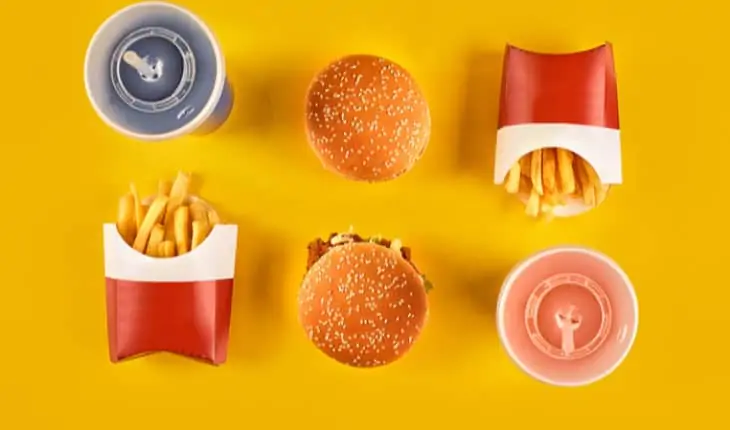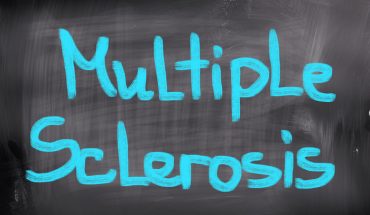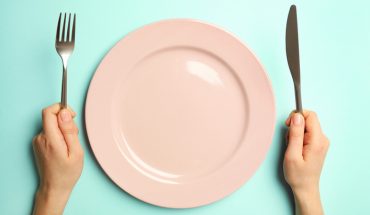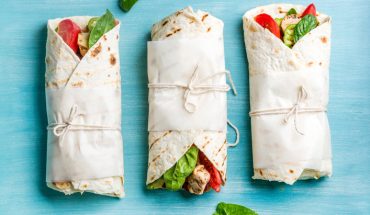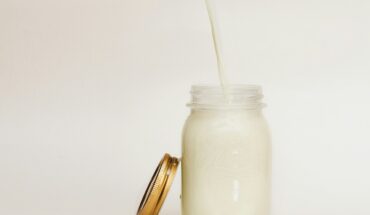Mind the gap – survey finds major knowledge gap in junk-filled ultra processed diet choices and the not-so-healthy supplements people are taking daily. Two thirds of consumers still don’t know how to spot ultra processed foods or artificial ingredients in their supplements, a new survey of 2,000 Britons has found.
Key facts:
● 8 in 10 people say their diet is made up of ultra processed foods (UPFs)
● Over half the calories in the British diet come from UPFs
● 3 out of 5 people can’t spot an UPF by looking at the label
● More than half have no idea what the ingredients in their supplements are.
Ultra processed living is a new way of life in Britain with 8 out of 10 people saying their diet is made up of ultra processed foods (UPFs), a new survey of over 2,000 people by ethical brand Viridian Nutrition has found. The research also highlighted the fact that three-quarters of people think they consume less than they do and that worryingly 3 out of 5 can’t identify a UPF from its label.
There is a growing trend to steer people away from their highly processed lives because it leaves nutrition gaps in the diet and the additives can lead to serious health conditions. Aimee Benbow, Lead Nutritionist at Viridian Nutrition has reviewed the evidence: “Research clearly shows the negative impact of ultra processed foods. A study of over 100,000 people in France1 linked UPFs with significantly higher rates of heart disease and strokes. There is also growing evidence on specific additives. Aspartame (an artificial sweetener) is now classified as a possible carcinogen by the World Health Organisation. Worryingly, this is still prevalent in foodstuffs, especially fizzy drinks.”
The new survey from Viridian Nutrition has revealed huge gaps in knowledge among consumers about the foods they’re eating every day – for example, over six in ten said they’re not even sure what an ultra processed food is.
Over half the British diet is made up of UPFs, according to a report in the British Medical Journal. Fuelling this is a huge gap in knowledge. In fact, over half of the 2,000 people surveyed by Viridian had no idea that everyday foods such as ham, bread, fruit drinks and salad dressings are all ultra processed.
There is even more confusion when it comes to foods positioned as ‘healthy’ – 75 percent of respondents did not perceive UPFs like fruit-flavoured yoghurts and many highly processed lunch options as being ultra processed.
As well as being unclear about the ingredients in food, there is even more confusion about what is in our supplements. 20 million people in the UK take supplements daily and they can help support nutritional gaps in people’s ultra processed diets. Yet, shockingly, the majority of commercially made supplements contain preservatives, glues, binders, fillers and other ingredients of no use to the body – known as excipients. These add to people’s ultra processed intake and over half of those surveyed said they had no idea what the ingredients in their supplements were.
That’s why Viridian Nutrition have launched a nationwide ‘No Junk Campaign’ accompanied by the expert-led Viridian Dejunk your Life Report 2024 which contains detailed advice from qualified experts to help readers make sense of this confusion.
When asked about key additives, as many as 7 in 10 don’t recognise certain ingredients or know if they are good or bad. The Viridian Dejunk your Life Report contain details on 25 common excipients found in supplements.
One of these excipients is titanium dioxide, a commonly mined compound that gives tablets and capsules their uniform colour. It’s also used in white paint. Titanium dioxide has been classified by the World Health Organisation (WHO) as a possible carcinogen and in January 2022, the EU banned it as a food additive. Yet , in the UK, it’s still found in medicines, supplements and many foodstuffs.
Registered Nutrition Practitioner and Microbiologist Dr Carol Granger says: “All supplements are not created equal. Look on the labels of most supplements and you will find a list of ingredients you won’t expect, from additives to binders, lubricants to glues (yes, glues!). It’s crucial to know exactly what is in your supplements. Many of these substances have no benefit for the body, but they make manufacturing easier, so mass production is quicker, cheaper, and easier.
“The form of your supplement matters too,” Dr Granger continues. “Whether it’s a tablet, capsule, or powder will affect the way your body will absorb it. Few people know for example, that it’s much harder for the body to absorb ingredients from tablets than from capsules. Tablets also need more manufacturing and more ingredients to make them stable; their manufacturing processing means they usually need chemicals, colourants, and other artificial ingredients”.
Aimee Benbow says: “The European authorities no longer consider titanium dioxide a safe food additive because of its genotoxic effect so ask yourself why this is in your ‘healthy supplements?’. Look at the labels on the back of your supplements and if you spot this or any of the ingredients in the chart below (link) then think twice before making the choice to take it.”
For a list of ingredients to watch for and the health concerns associated with them, see the chart here from Viridian’s experts. Among the additives most commonly found in supplements are magnesium stearate, carrageenan, calcium phosphate and even talc. These can all have side effects including digestive problems (magnesium stearate), increases in inflammation (carrageenan), allergies and hyperactivity (colourings) and are all unnecessary. Ingredients like these are used only to make manufacturing easier, so mass production is quicker and they have no benefits for the body.
Aimee Benbow adds: “Reading the label is the best way to understand what you are taking and how healthy it is. Whether that’s a food or a supplement, there will be many ingredients used to alter the texture, colour, and taste, as well as preserve it for longer. Dig deeper and question anything you don’t understand. Independent health stores are great places to go for health products and advice.”
Find a full list of supplement additives in the Viridian Dejunk Your Life Report where Viridian has gathered leading experts in their fields to give consumers advice on dejunking not only their diets but also their entire lives. The report provides detailed feature-length, fully-referenced expert articles in each of the following areas to help people to better health this year:
● De-process your diet and identify ultra processed foods
● Read the labels on foods and supplements and choose the purest options
● Simplify your digital life
● Free up your brain space
● Clear the clutter from your home and work space
● Maximise your time by doing less
● Edit your relationships for more connection
● Exercise in a way that’s proven to work
● Use behavioural psychology to create habits that stick in 2024
To find out more about No Junk, or to download Dejunk Your Life Report, visit: www.viridian-nutrition.com/nojunk
The report from page 15 has more background on the supps to avoid.
- Combination of drugs could prevent thousands of heart attacks - 21st April 2025
- UQ Study Links Poor Teen Diets to Heavy Social Media Use - 21st April 2025
- Gut microbiome could delay onset of type 1 diabetes - 3rd April 2025
